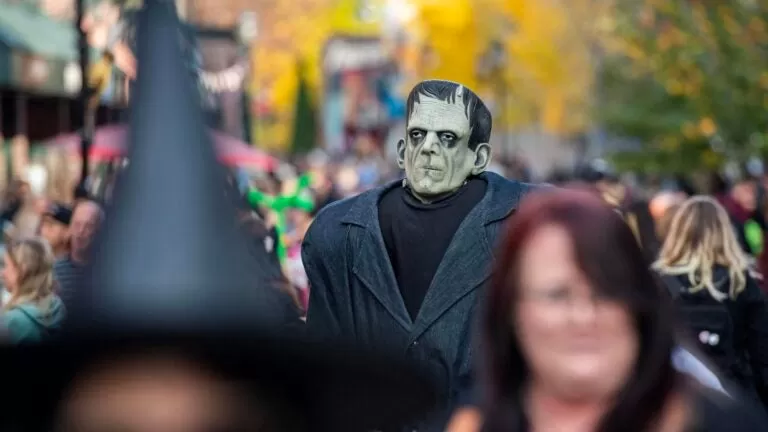The Unseen Weight: Why Climate Change is Reshaping Our Deepest Life Choices – Even Parenthood
Share- Nishadil
- October 29, 2025
- 0 Comments
- 4 minutes read
- 39 Views

Climate Anxiety and Parenthood: A Deeply Personal Dilemma
Many individuals are facing a profound ethical and emotional dilemma: whether to have children in a world grappling with climate change. This article delves into how environmental anxieties are reshaping our most personal decisions about family and the future.
There’s a quiet, gnawing question that haunts many a dinner table, many a late-night scroll through existential dread: To bring a child into this world, or not to? It’s always been a weighty query, of course, steeped in personal dreams and societal expectations. But for an increasing number of us, a new, seismic factor has entered the equation, shifting everything: climate change. And honestly, it’s proving to be one of the most profoundly personal, and yet globally-charged, dilemmas of our time.
You see, it’s not just about the usual worries anymore—college funds, good schools, scraped knees. No, this is different. It’s about a future that feels, well, precarious. People are grappling with the ethics of knowingly ushering new life into a world that, frankly, feels like it’s teetering on the brink. Will there be enough clean water? What about extreme weather? Will their children live lives perpetually overshadowed by environmental collapse? These aren’t abstract fears; they’re very real, very present anxieties, shaping conversations and, ultimately, life-altering decisions.
It’s a peculiar kind of guilt, really, isn’t it? The thought that one’s very act of procreation might somehow contribute to the problem, or that you’re dooming a vulnerable new human to a struggle you can barely fathom. And yet, the biological imperative, the yearning for family, it’s powerful. It creates a deeply unsettling internal conflict that many describe as 'climate anxiety,' but with a uniquely intimate, familial edge. It’s not just a concern for the planet; it’s a visceral, protective fear for a hypothetical child’s future.
This isn't to say everyone is opting out of parenthood, not by a long shot. Some see bringing children into the world as an act of hope, a commitment to fighting for a better future, raising a new generation of activists and innovators. Others find solace in adopting, or perhaps choosing a smaller family, a conscious decision to lessen their carbon footprint while still embracing the joys of family life. But for many, the hesitation is palpable, leading to delayed decisions, emotional turmoil, and, for some, a firm choice to remain child-free.
In truth, there’s no easy answer here, no right or wrong path. This dilemma—this deeply personal negotiation with a planetary crisis—highlights just how profoundly climate change has infiltrated the very fabric of our lives, influencing even our most fundamental choices about love, legacy, and what it means to build a future. It forces us to confront not just the science, but the emotional and ethical implications, making us all, in a way, accidental philosophers of the Anthropocene. And perhaps, just perhaps, acknowledging this struggle is the first step towards finding a collective path forward, whatever that may look like for each of us.
Disclaimer: This article was generated in part using artificial intelligence and may contain errors or omissions. The content is provided for informational purposes only and does not constitute professional advice. We makes no representations or warranties regarding its accuracy, completeness, or reliability. Readers are advised to verify the information independently before relying on







